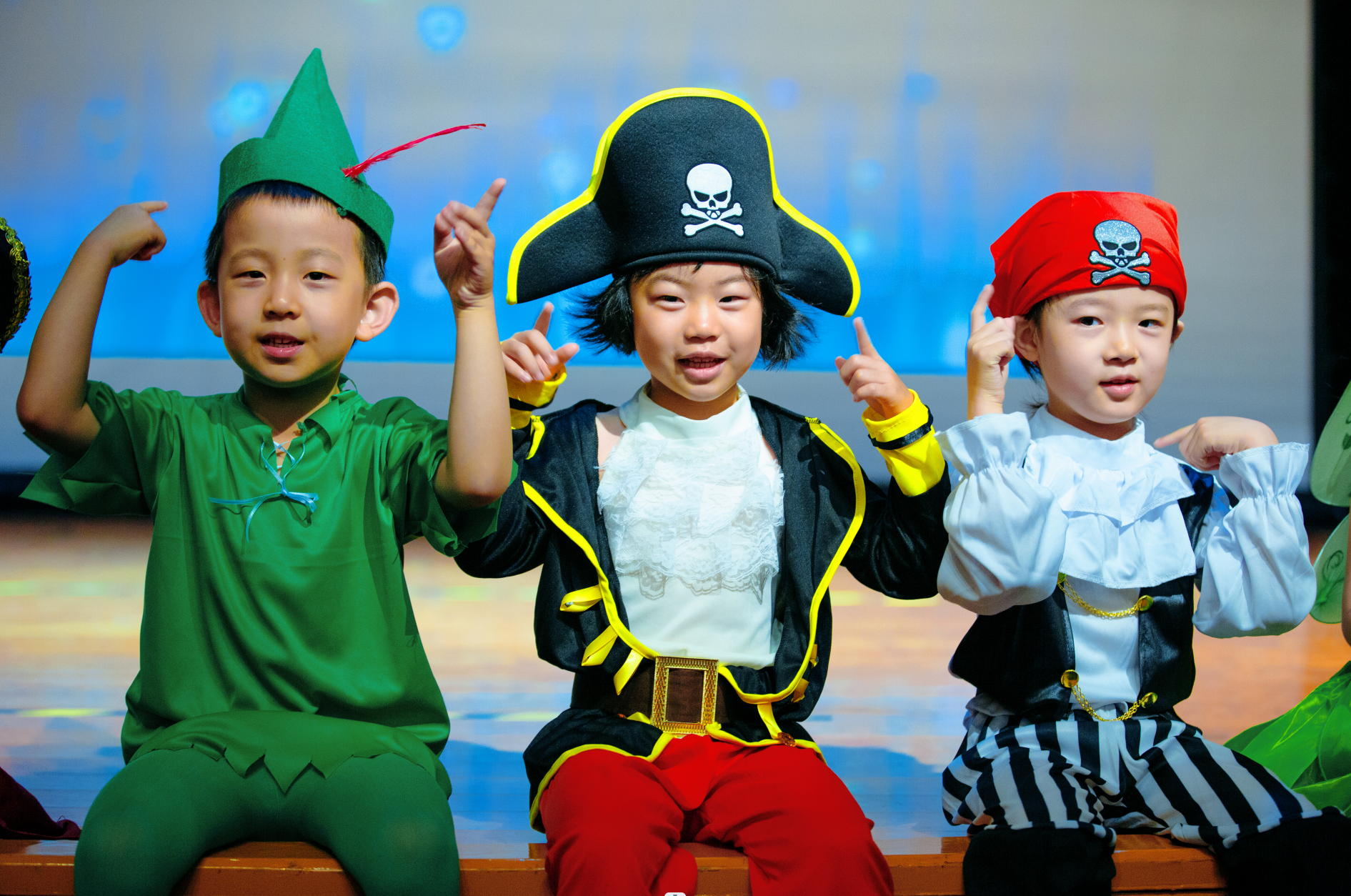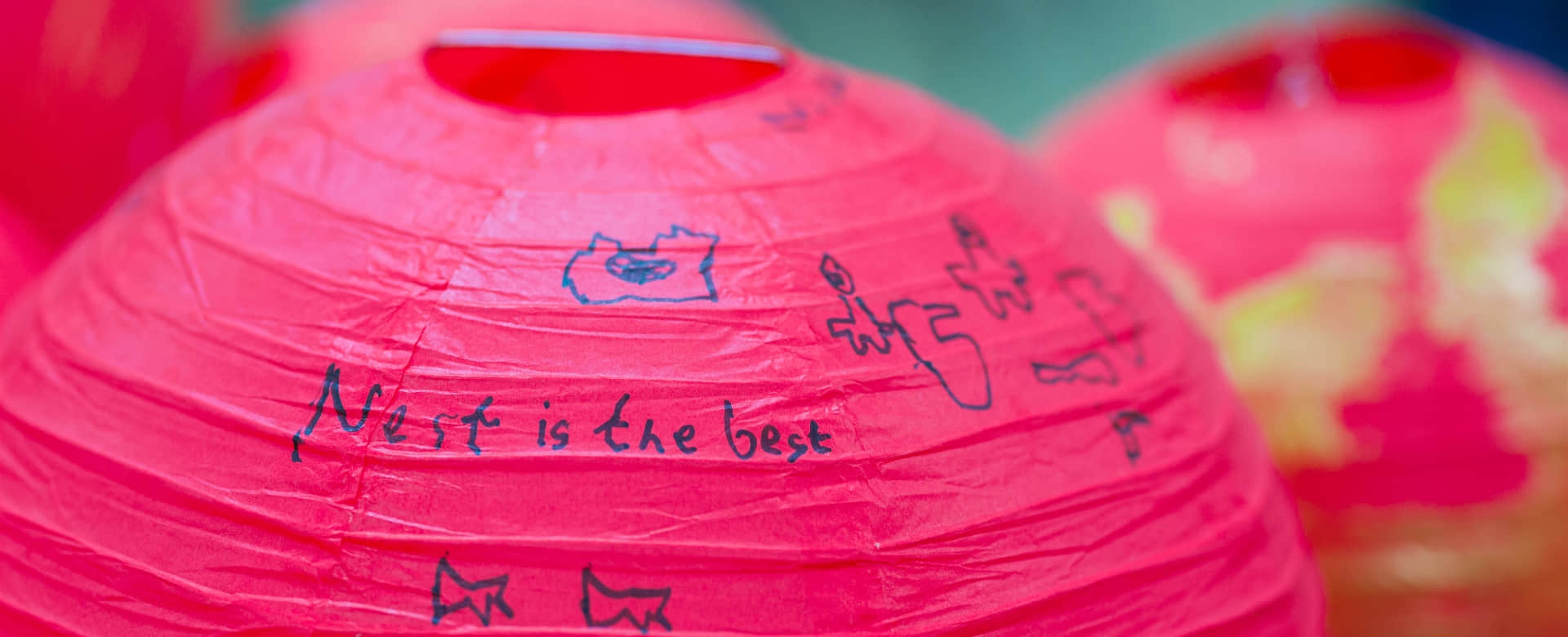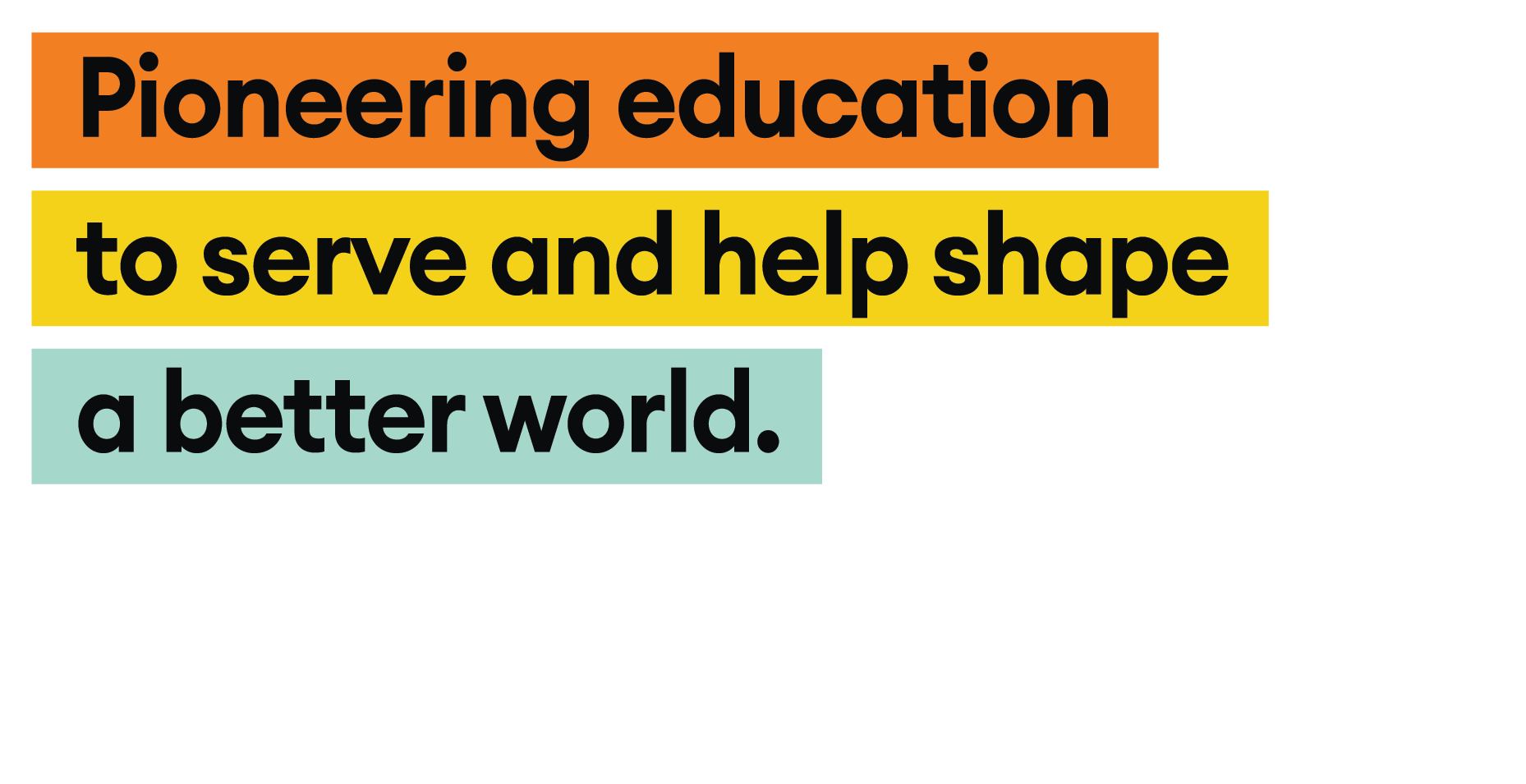Educational Insights | STEAM Education in the Nest

Jan Bennett
园长
Early childhood education is a critical period in a child's life where they learn foundational skills that set the stage for future academic and personal success. In recent years, there has been a growing emphasis on STEAM (Science, Technology, Engineering, Art, and Maths) education in early years classrooms, as it has been shown to support inquiry and curiosity in young children.
STEAM education is a hands-on, inquiry-based approach to learning that encourages children to explore and experiment with the world around them. By engaging in STEAM activities, children develop critical thinking skills, problem-solving abilities, and a love for learning that will serve them well throughout their academic and personal lives.
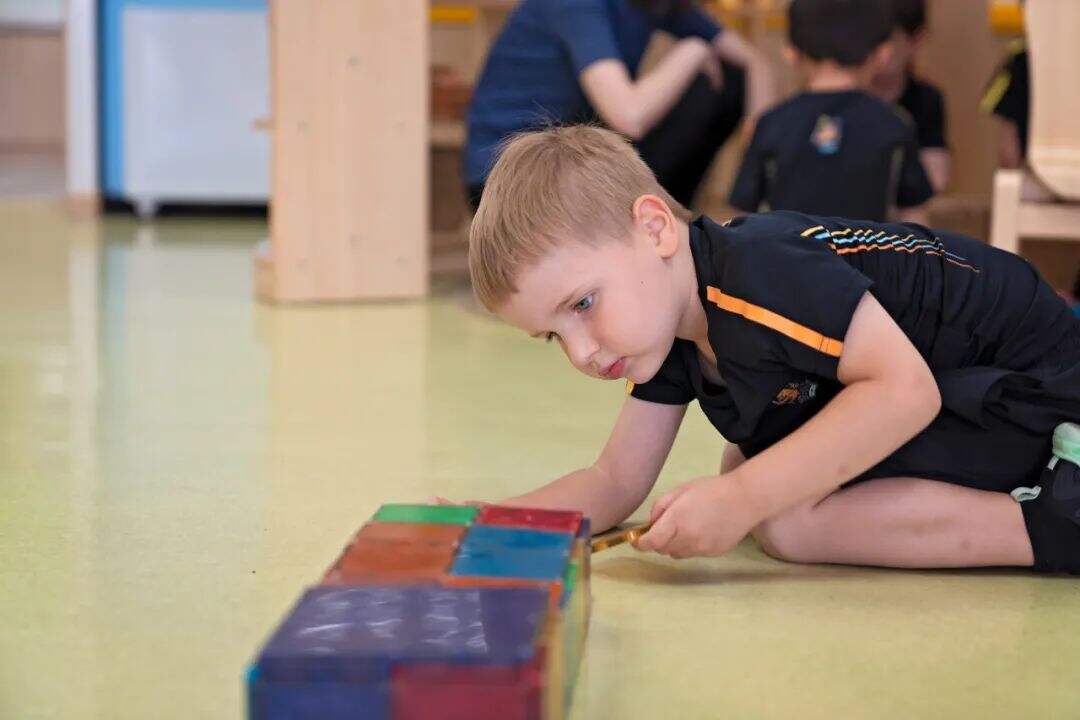
One of the key benefits of STEAM education in early childhood is that it promotes inquiry and curiosity. Children are naturally curious and love to explore the world around them. STEAM education provides them with opportunities to do just that, as they engage in hands-on activities that encourage them to ask questions, make observations, and draw conclusions. In our context it also supports language development as academic language is developed in their mother tongue and for those who are also developing their proficiency in English, they have opportunities to learn and use academic language that is age appropriate.
For example, a STEAM activity might involve building a tower out of blocks. Children can experiment with different block sizes and shapes, and test out different building strategies to see which ones work best. As they work, they will naturally ask questions about the properties of the blocks, the best way to balance them, and how to make the tower taller. By encouraging this inquiry-based approach to learning, children develop a deeper understanding of the world around them and a love for learning that will stay with them for years to come.
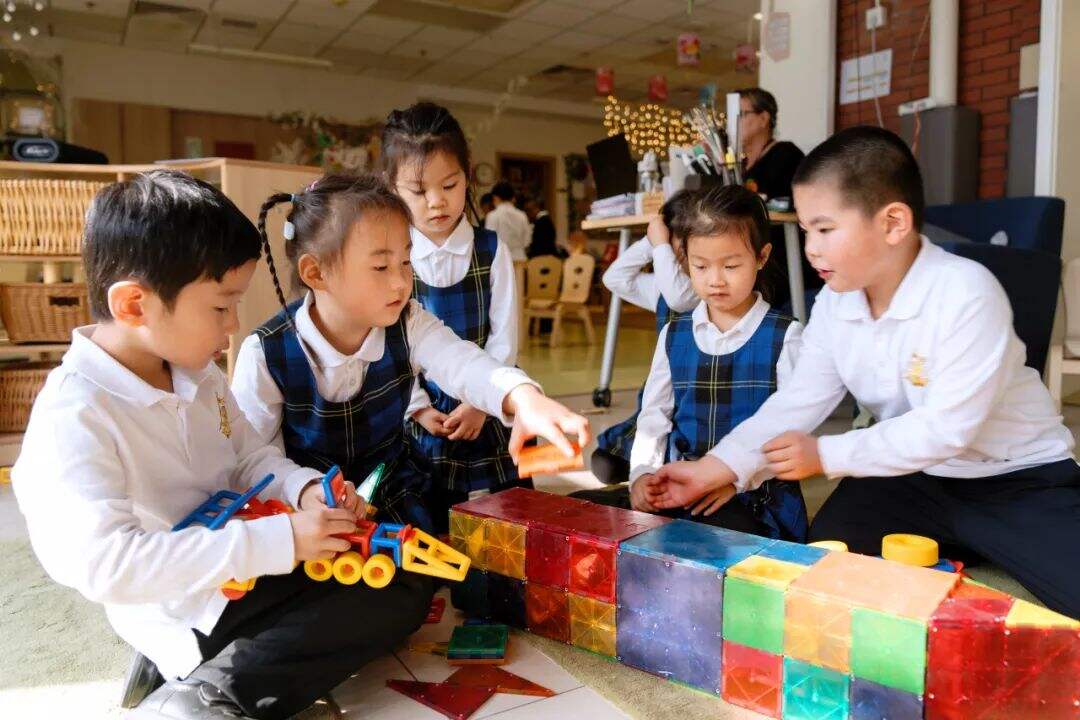
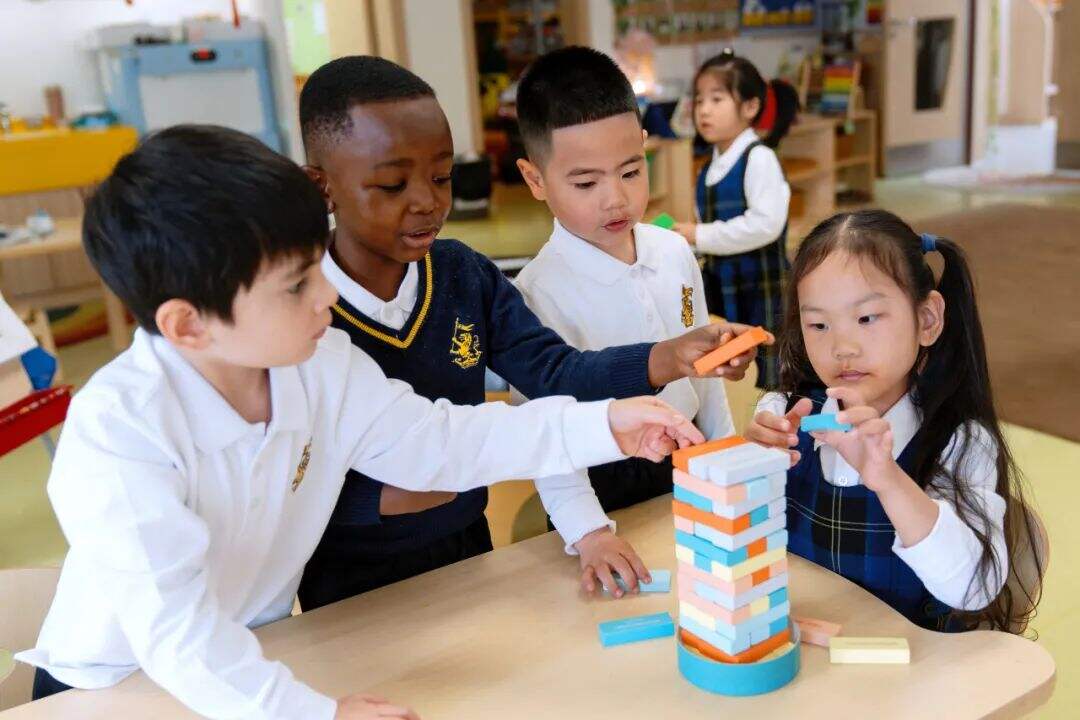
For example, we provide opportunities for children across all our year groups to develop an age-appropriate understanding of coding. We have a range of codable equipment that is child-friendly and provides a staged approach for children to understand coding and its link to mathematics. You are never too young to learn to code!
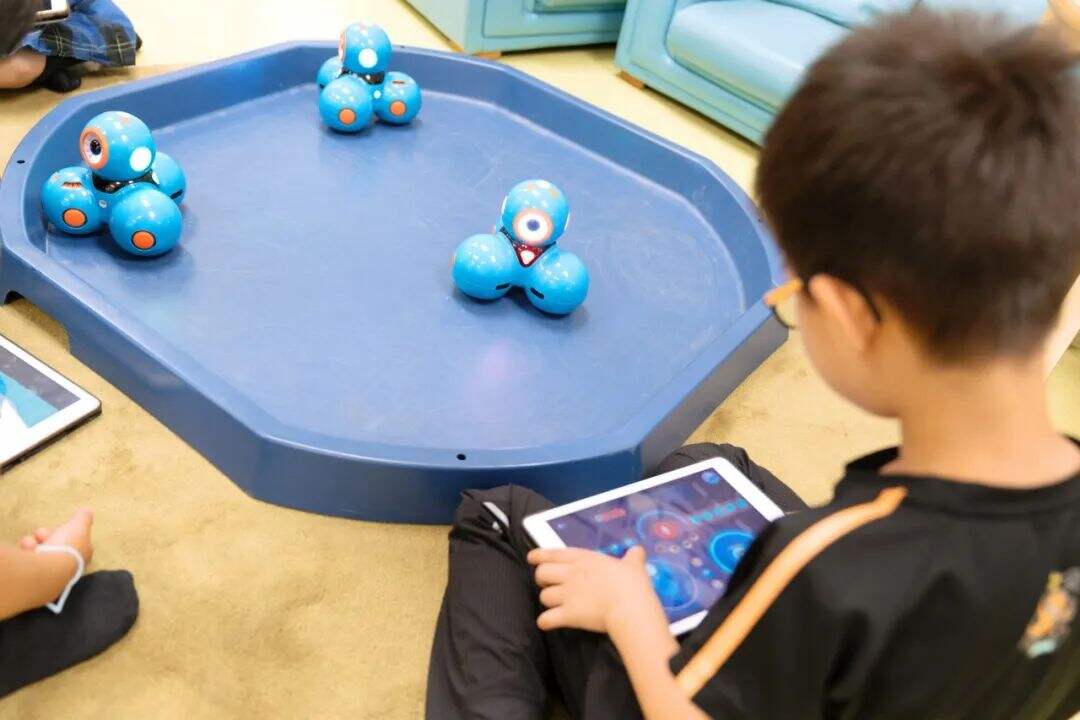
Another key benefit of STEAM education in early childhood is that it promotes critical thinking skills. By engaging in hands-on activities, children learn to think critically about the world around them, as they make observations, draw conclusions, and develop hypotheses. They learn to ask questions, test their ideas, and revise their thinking based on new information. This pattern of hypothesis, test, observation and review results follows through the Junior and Senior schools.
For example, a STEAM activity might involve exploring the properties of water. Children can experiment with different containers, temperatures, and materials to see how they affect the behaviour of water. As they work, they will naturally ask questions about the properties of water, how it behaves in different environments, and how it can be used in different ways. By encouraging this critical thinking approach to learning, children develop the skills they need to succeed academically and personally.
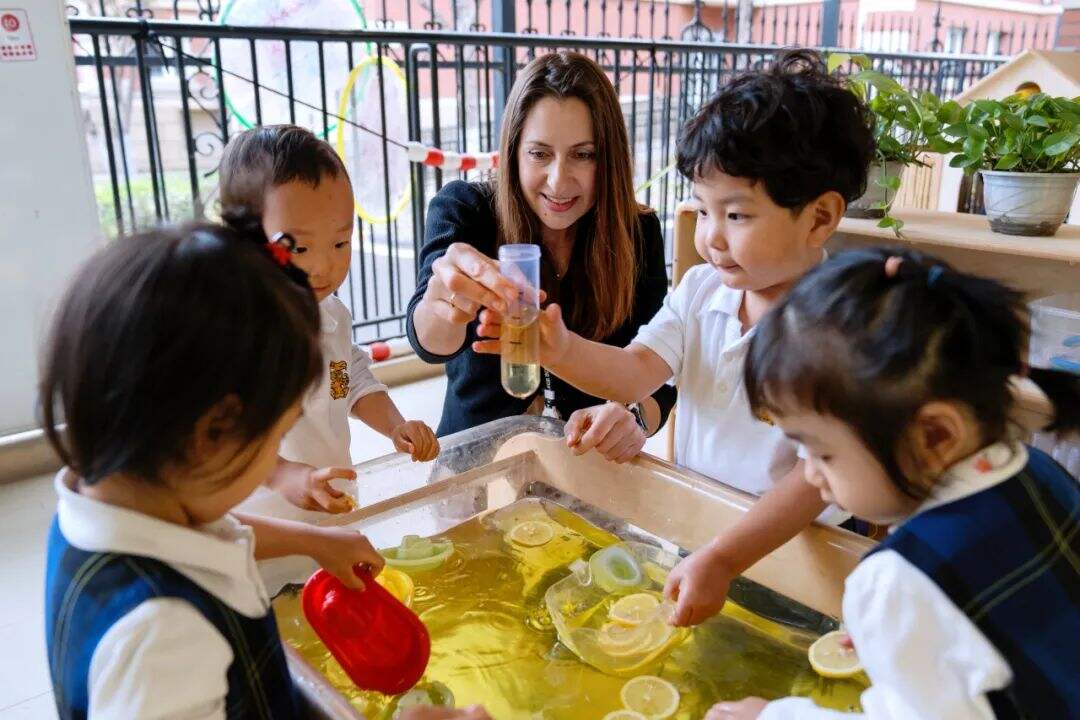
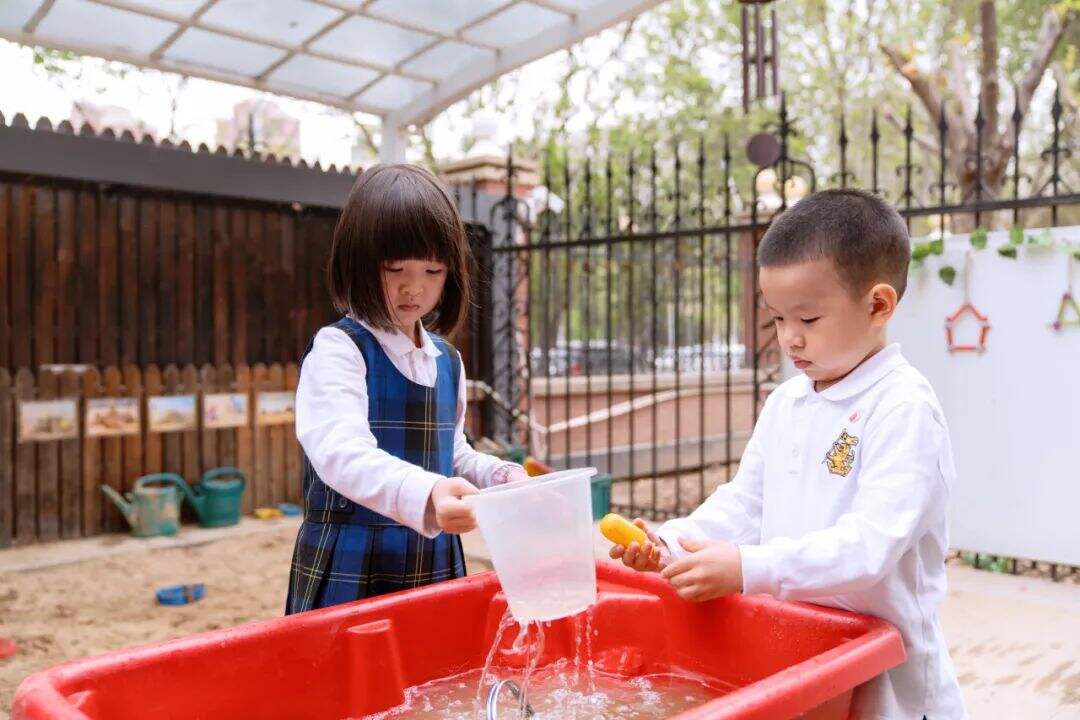
In addition to promoting inquiry and critical thinking skills, STEAM education in early childhood also supports creativity and imagination. By engaging in hands-on activities, children develop their creativity and imagination, as they explore new ideas, experiment with different materials, and express themselves through art and design.
For example, a STEAM activity might involve creating a work of art using natural materials. Children can collect leaves, sticks, and other materials from the natural environment and use them to create a unique piece of art. As they work, they will naturally use their creativity and imagination to come up with new ideas and designs. By encouraging this creative approach to learning, children develop the skills they need to express themselves and explore their own unique interests and talents. As teachers, we can then share the work of other artists who use natural materials, for example, Andrew Goldsworthy.
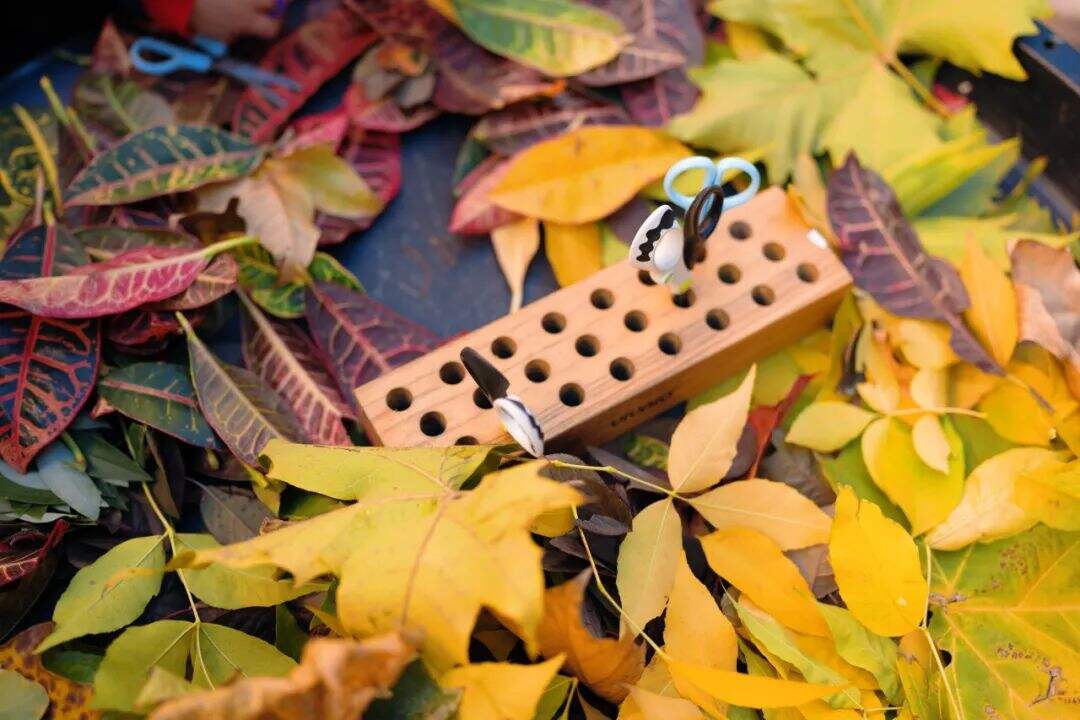
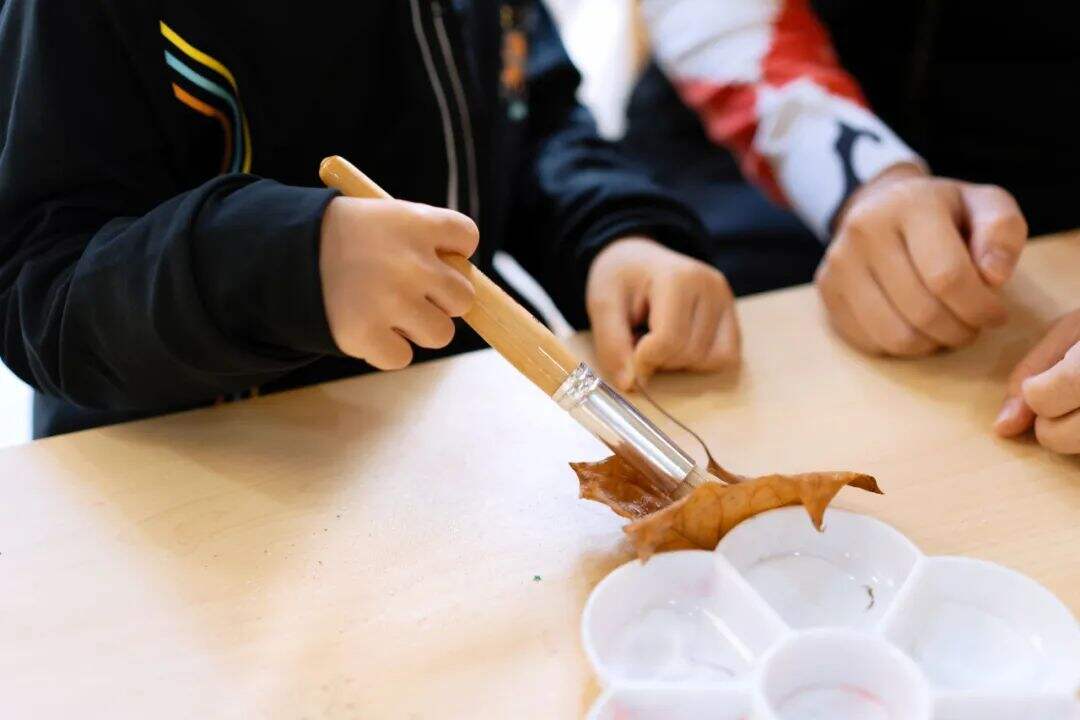
In conclusion, STEAM education is a powerful tool for promoting inquiry and curiosity in young children. By engaging in hands-on activities that encourage them to explore and experiment with the world around them, children develop critical thinking skills, problem-solving abilities, and a love for learning that will stay with them for years to come. By incorporating STEAM education into early childhood classrooms, we can help children develop the skills they need to succeed academically and personally and to become lifelong learners who are curious, creative, and engaged with the world around them.
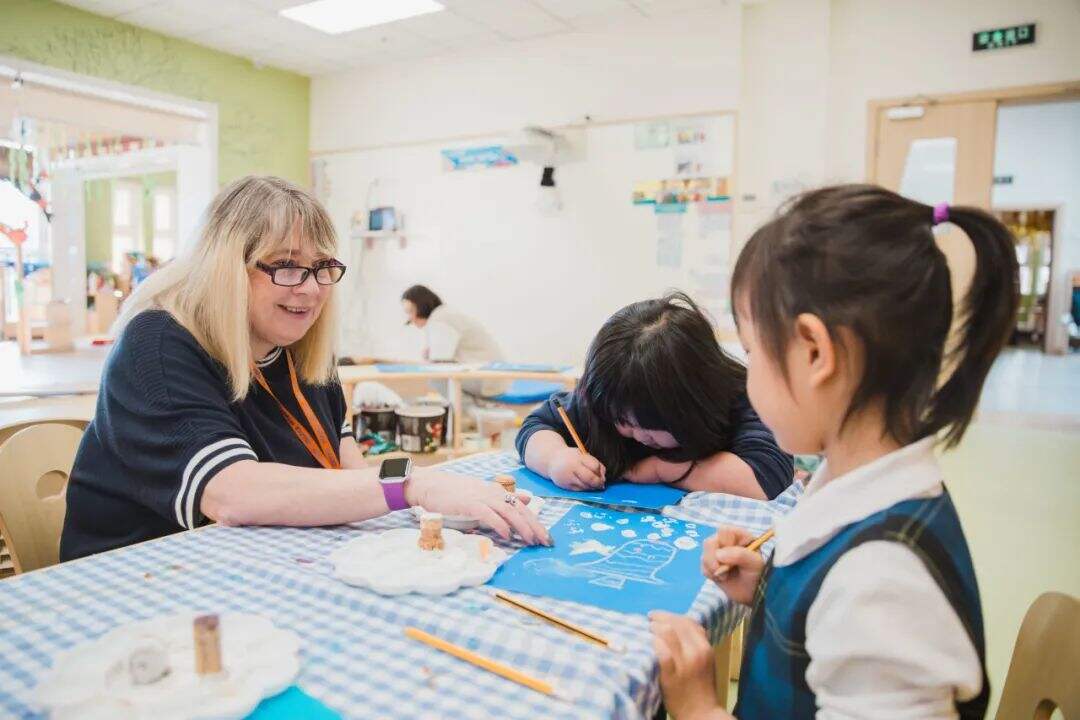
Related Articles








 Channel
Channel 
 Linkedin
Linkedin  Weibo
Weibo  Facebook
Facebook  Ins
Ins 

